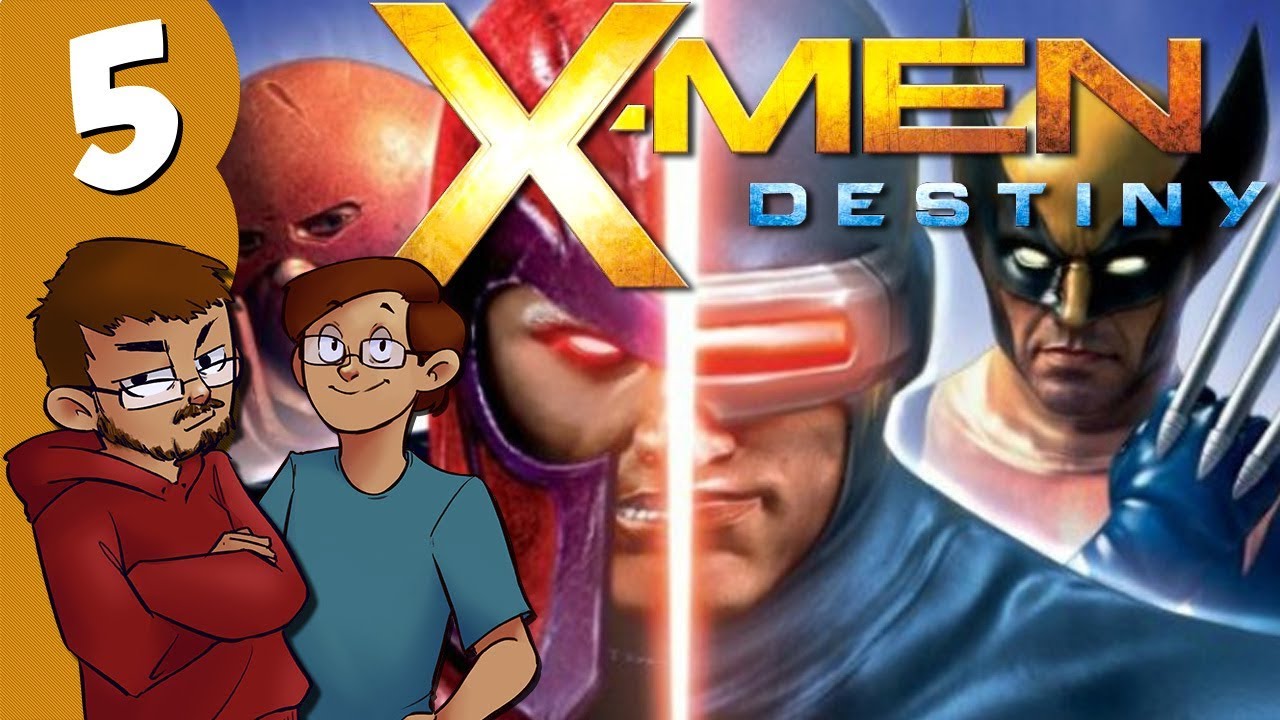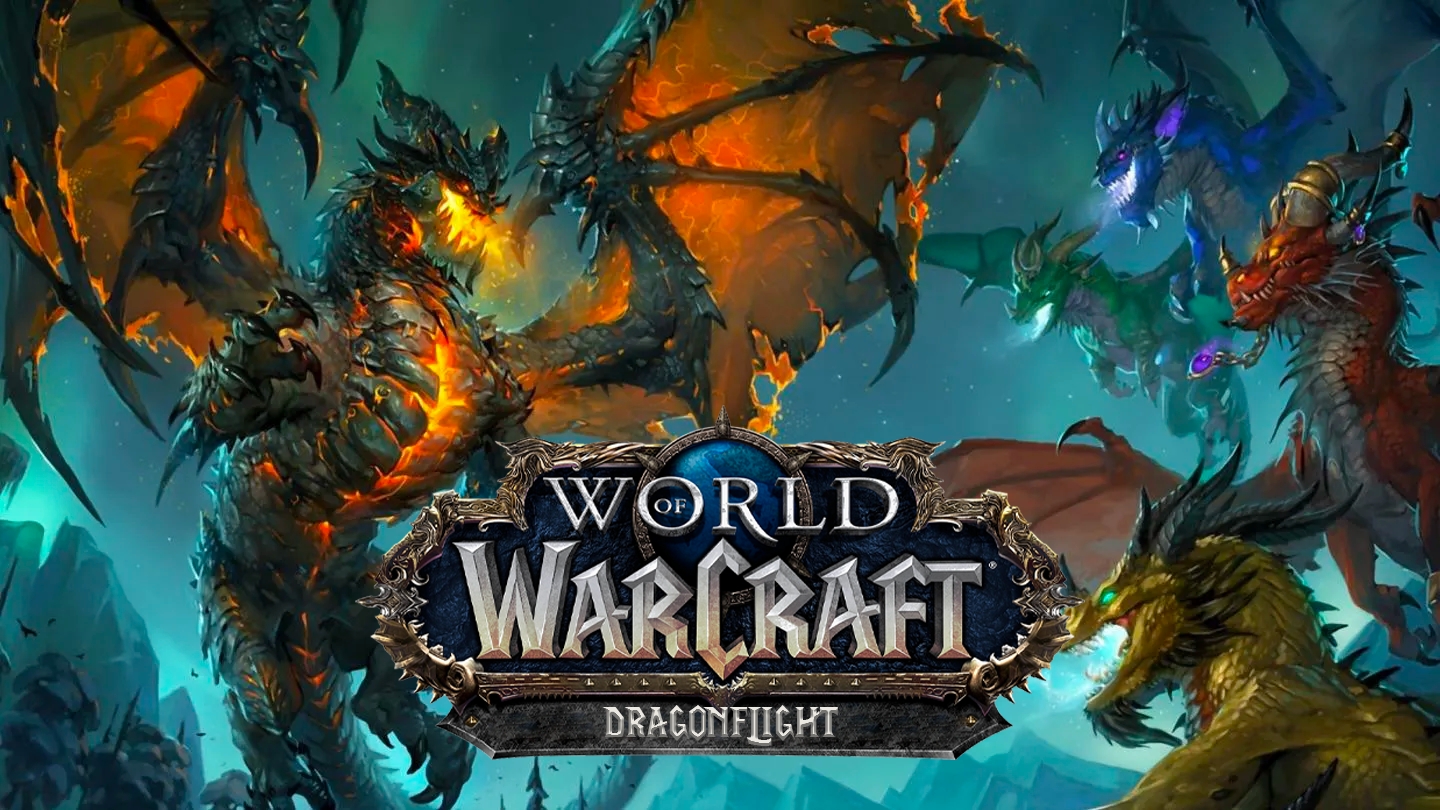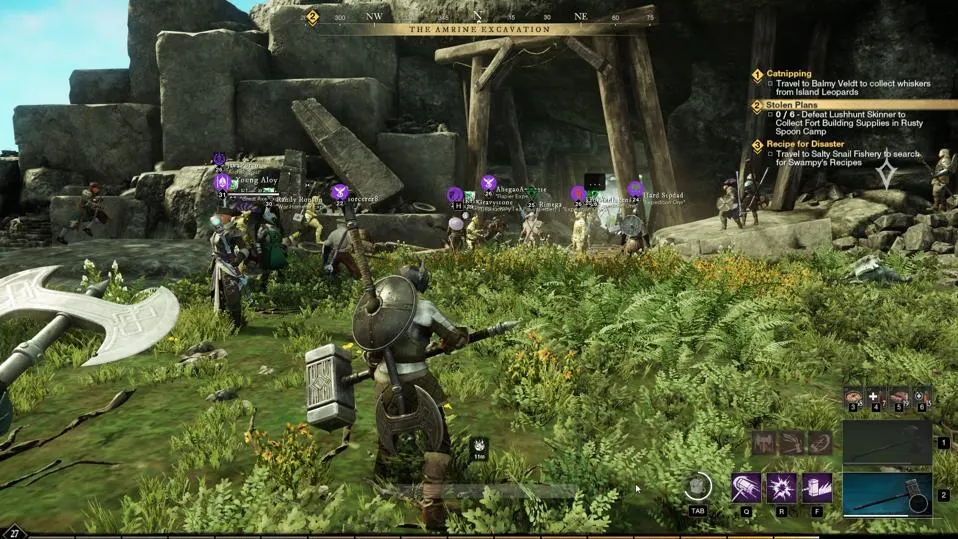Introduction
“X-Men: Destiny” is an action role-playing video game developed by Silicon Knights and published by Activision. Released in 2011, this game offered fans of the X-Men franchise the chance to shape the destinies of three new characters as they navigate a world rife with mutant powers, political intrigue, and ethical dilemmas. The game had significant potential, leveraging the popularity of the X-Men universe, but its execution sparked mixed reactions from critics and players alike.
In this comprehensive review, we’ll explore the game’s story, gameplay mechanics, graphics, and sound design, followed by a thorough analysis of its reception. We’ll conclude with a FAQ section to address common questions about “X-Men: Destiny.”
Storyline and Characters
Choose Your Mutant Destiny
The story of “X-Men: Destiny” unfolds in a world where the line between mutants and humans is more strained than ever. The game introduces three new characters—Aimi Yoshida, Grant Alexander, and Adrian Luca—each with unique backgrounds and motivations. Players must choose one of these characters and navigate a branching storyline where decisions influence alliances with the X-Men or the Brotherhood of Mutants.
Character Development and Choices
One of the game’s central selling points was the promise of significant player choice. As players progress, they make decisions that affect their character’s development, relationships with iconic X-Men characters, and the overall narrative. The concept of shaping your mutant’s destiny was intriguing, but many players felt that the choices were ultimately superficial, leading to similar outcomes regardless of the path taken.
Gameplay Mechanics and Combat System
RPG Elements and Customization
“X-Men: Destiny” features RPG elements, allowing players to customize their character’s abilities by selecting one of three initial mutant powers: energy projection, density control, or shadow matter. As the game progresses, players can further enhance their abilities through “X-Genes,” which are scattered throughout the game world. These “X-Genes” are inspired by well-known X-Men characters and allow players to tailor their combat style to their preferences.
Combat Dynamics
The combat system in “X-Men: Destiny” is primarily focused on brawling, with each character’s mutant abilities providing additional flair. However, the combat was criticized for being repetitive, with limited combos and a lack of depth in the fighting mechanics. While the special abilities added some variety, many players found that the combat didn’t evolve much throughout the game, leading to a monotonous experience.
Graphics and Visual Presentation
Art Style and Character Design
“X-Men: Destiny” adopts a realistic art style, but the graphics were often criticized for being subpar compared to other games released during the same period. Character models, especially those of the new protagonists, lacked the detail and polish seen in other contemporary titles. The environments, while faithful to the X-Men universe, were often described as bland and uninspired.
Visual Effects and Animation
The visual effects tied to mutant abilities were a highlight, with powers like energy projection and shadow matter creating visually striking moments. However, the overall animation quality was inconsistent, with some movements appearing stiff or awkward. This inconsistency detracted from the immersive experience that the game aimed to deliver.
Sound Design and Voice Acting
Voice Cast and Performances
“X-Men: Destiny” featured a voice cast that included some familiar voices from the X-Men animated series and other media. The performances were generally well-received, with the voice actors bringing life to both the new and established characters. However, the script itself was criticized for its lackluster dialogue and clichéd lines, which sometimes hampered the actors’ efforts.
Soundtrack and Audio Effects
The game’s soundtrack, composed by Steve London, aimed to complement the action-packed gameplay with a score that echoed the themes of heroism and tension in the X-Men universe. While the music was competent, it didn’t leave a lasting impression, often blending into the background without enhancing the overall atmosphere. The sound effects, particularly those associated with mutant powers, were more successful in creating a sense of impact during combat.
X-Men: Destiny Reviews and Reception
Critical Reception
“X-Men: Destiny” received mixed to negative reviews upon its release. Critics praised the concept of player choice and the integration of the X-Men universe but were disappointed by the execution. The game’s repetitive combat, lackluster graphics, and shallow story were common points of criticism. On Metacritic, the game holds a score of 47/100 for the PlayStation 3 version, reflecting its underwhelming reception.
Player Feedback and Community Response
Players who were fans of the X-Men franchise expressed disappointment with “X-Men: Destiny.” While some appreciated the opportunity to explore a new story within the X-Men universe, many felt that the game failed to live up to its potential. The limited impact of player choices and the repetitive nature of the gameplay were frequently mentioned in player reviews.
Comparison to Other X-Men Games
When compared to other X-Men games like “X-Men Legends” and “X-Men Origins: Wolverine,” “X-Men: Destiny” falls short. The game lacked the depth, polish, and replayability of its predecessors, making it a less memorable entry in the X-Men gaming catalog.
Conclusion: The Legacy of X-Men: Destiny
“X-Men: Destiny” is a game that had great potential but ultimately fell short of expectations. While it offered an interesting premise and the allure of shaping a mutant’s destiny, the execution was lacking in several key areas. Repetitive combat, uninspired graphics, and shallow storytelling left players and critics alike feeling underwhelmed.
Despite its shortcomings, “X-Men: Destiny” remains a part of the X-Men gaming legacy, serving as a reminder of the challenges and pitfalls of creating a game based on such a beloved franchise. For those interested in the X-Men universe, there are other games that offer a more fulfilling experience, but “X-Men: Destiny” may still hold some nostalgic value for fans who remember its initial release.
FAQ About X-Men: Destiny
What platforms is X-Men: Destiny available on?
“X-Men: Destiny” was released on multiple platforms, including PlayStation 3, Xbox 360, Wii, and Nintendo DS. Each version had slight variations, particularly the Wii and DS versions, which featured simplified gameplay mechanics.
How long does it take to complete X-Men: Destiny?
The average playtime for “X-Men: Destiny” is around 6 to 8 hours, depending on how thoroughly players explore the game and which character they choose.
Can you play as established X-Men characters in X-Men: Destiny?
No, players cannot directly control established X-Men characters in “X-Men: Destiny.” Instead, players choose from one of three new characters, although they can collect and use “X-Genes” to gain abilities inspired by iconic X-Men.
Does X-Men: Destiny have multiplayer features?
No, “X-Men: Destiny” is a single-player game. The game does not include any multiplayer or cooperative modes.
Are there any sequels or follow-up games to X-Men: Destiny?
No, there are no sequels or follow-up games to “X-Men: Destiny.” The game’s poor reception likely contributed to the decision not to continue the series.
Is X-Men: Destiny worth playing today?
“X-Men: Destiny” may appeal to hardcore X-Men fans or those interested in exploring every aspect of the franchise. However, due to its outdated graphics, repetitive gameplay, and limited choices, it may not hold up well for most modern players.



